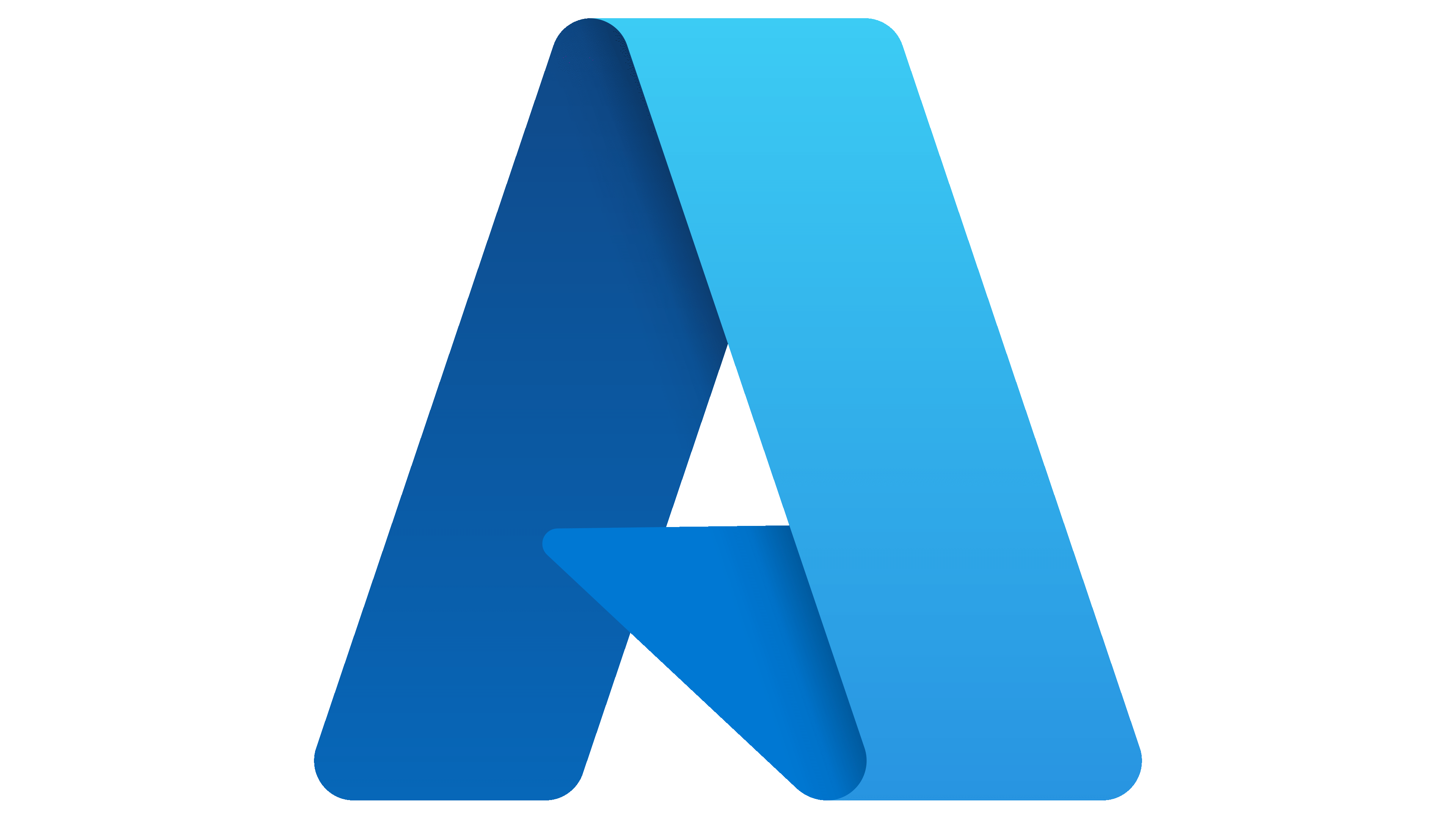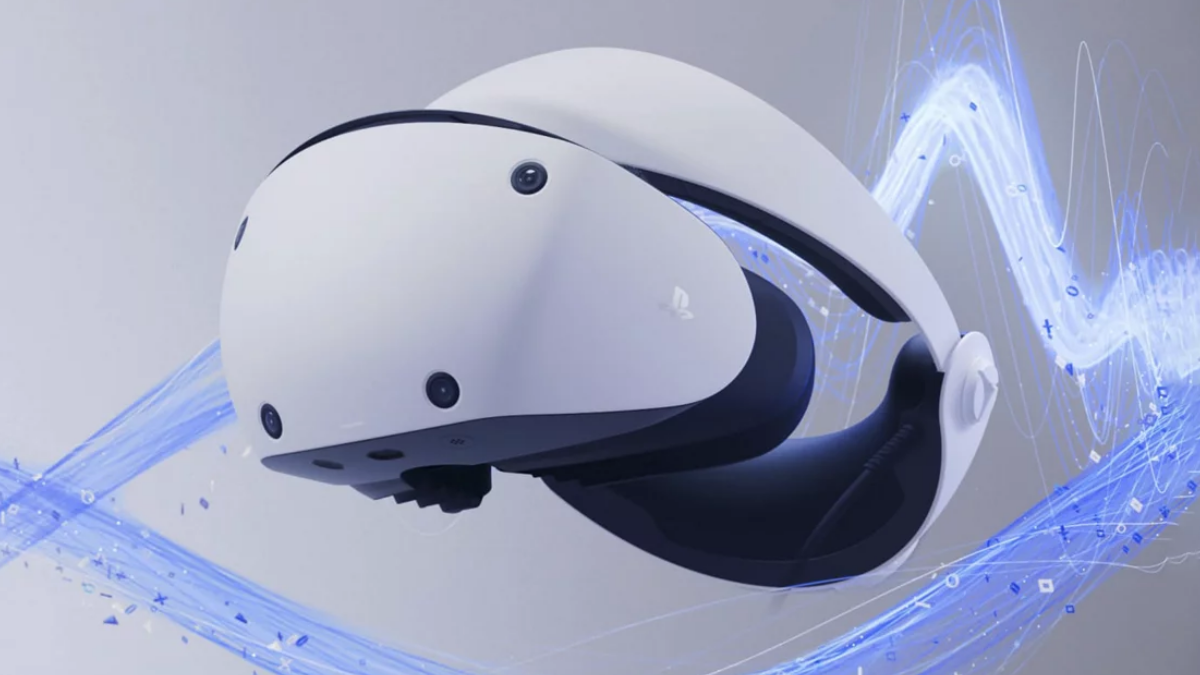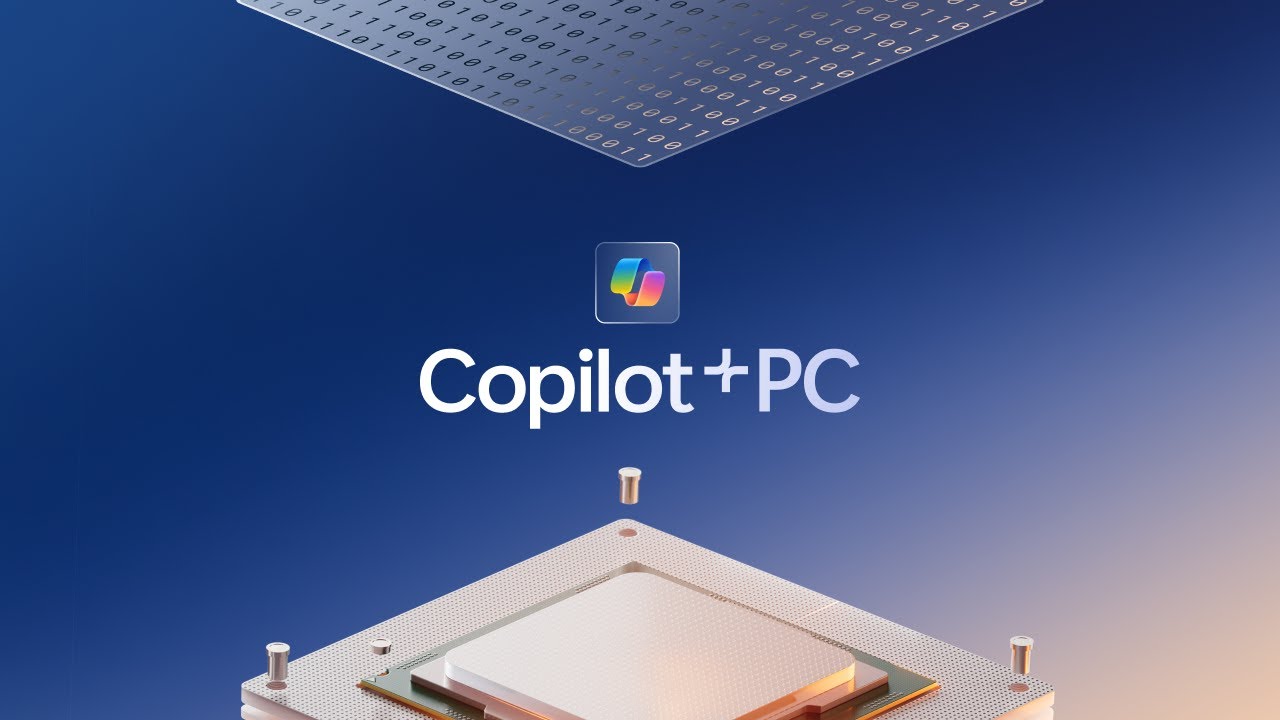Azure opens door for Microsoft-Meta collaboration
2 min. read
Published on
Read our disclosure page to find out how can you help MSPoweruser sustain the editorial team Read more

Microsoft found a big collaborator in Meta as it chooses Azure as its strategic cloud provider. According to Microsoft, the multinational technology conglomerate will use its service for AI research and development.
Meta first started with Microsoft Azure Virtual Machines in 2021. Due to its faster distributed AI training, Meta applied the NVIDIA A100 80GB GPUs for its large-scale AI research, such as training its OPT-175B language model. Apparently, there’s more it can do, so Meta has decided to give it more machine learning training workloads for its AI research.
“As part of this deeper relationship, Meta will expand its use of Azure’s supercomputing power to accelerate AI research and development for its Meta AI group,” notes Sherry Wang, Senior Program Manager, Azure HPC and AI. “Meta will utilize a dedicated Azure cluster of 5400 GPUs using the latest virtual machine (VM) series in Azure (NDm A100 v4 series, featuring NVIDIA A100 Tensor Core 80GB GPUs) for some of their large-scale AI research workloads.”
Microsoft and Meta’s collaboration doesn’t stop there. The two companies are also planning to scale PyTorch adoption on Azure. According to Wang, Microsoft will be creating PyTorch development accelerators to allow quick implementation of PyTorch-based solutions on Azure. Additionally, the company promises to continuously provide PyTorch enterprise-grade support “to enable customers and partners to deploy PyTorch models in production on both cloud and edge.”
“We are excited to deepen our collaboration with Azure to advance Meta’s AI research, innovation, and open-source efforts in a way that benefits more developers around the world,” says Jerome Pesenti, Vice President of AI at Meta. “With Azure’s compute power and 1.6 TB/s of interconnect bandwidth per VM we are able to accelerate our ever-growing training demands to better accommodate larger and more innovative AI models. Additionally, we’re happy to work with Microsoft in extending our experience to their customers using PyTorch in their journey from research to production.”









User forum
0 messages